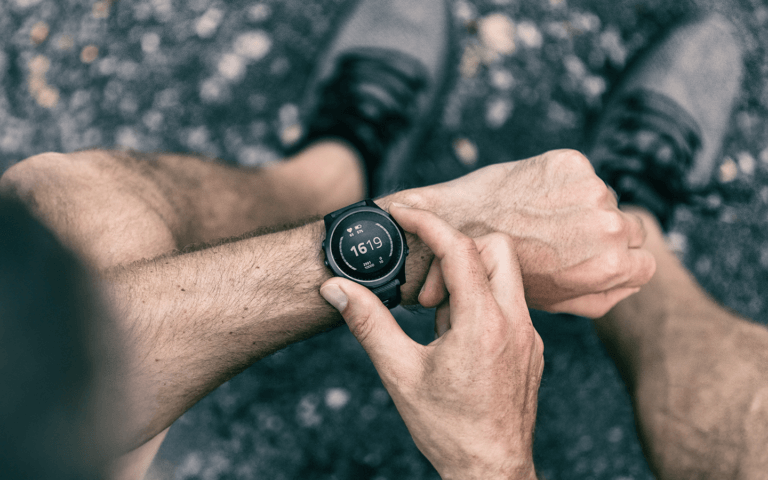Author: Jamie Grover
Staying committed to regular workouts can be tricky when the sofa and a Netflix marathon seem alluring after a long day’s work. A high level of mental toughness and motivation is needed to stay disciplined while dealing with the physical demands of training. However, many individuals who overcome these potential barriers face an additional challenge: gym anxiety.
Gym anxiety refers to the feeling of judgment that some trainees experience at the gym. It destroys lifters’ confidence and motivation and often leads them to give up on their training altogether. According to a survey by FitRated, 51.4% of people have avoided going to the gym due to anxiety or fear of judgment. Gym anxiety affects individuals at all levels of fitness, but it is particularly common among beginners who are new to training.

A recent survey by PureGym supported these findings, revealing that half of all non-gym goers are scared of going to the gym. Among respondents, 40% said they were most concerned about looking foolish in front of others while exercising. In other words, most beginners fear that more experienced trainees will ridicule them for performing exercises incorrectly or making mistakes in other ways.
It’s important to note that gym anxiety is not exclusive to beginners alone. While there is a stereotype that the gym is primarily for young people looking to impress others with their physique, frequent exercise has become increasingly common among all age groups. A study conducted by the Medical Expenditure Panel Survey found that 53.5% of individuals aged 45–64 exercise at least three times a week, along with 46.7% of those aged 65 and older. These proportions are similar to the 59.7% of individuals aged 18–44 who exercise frequently. However, even individuals in older age groups who regularly go to the gym still experience age-related gym anxiety.

Take Mark as an example – a 58-year-old yoga veteran who frequently attends the gym to strengthen his core for yoga, as well as to improve his physical appearance and mental health. Mark admits, “I was quite old, 52 and underweight when I started. I did feel self-conscious… fortunately, at my gym, they were willing to explain things. But at times, I do feel that I’m not performing the exercises correctly and that people may be watching.” Despite the increasing number of older individuals engaging in regular exercise, Mark still experiences occasional self-consciousness in the gym due to his age. Nevertheless, he manages to work out regularly, although such worries have unfortunately become a part of his routine.
Even seasoned gym veterans can experience anxiety while working out. George Thomas, a national-level sprinter and established rugby player who once bench-pressed double his body weight, explains that “gym anxiety can affect anybody, regardless of their level of performance in the gym. For beginners, it’s crucial to have a program and understand what is involved and the proper form.” George recognizes that self-consciousness during workouts is not limited to beginners alone. “Once you reach a certain level, there’s a decline. You have to put your ego aside and accept that using lower weights or running at a slower pace is perfectly fine.”

Kyle Faulkner, a personal trainer and level 4 strength and conditioning coach, has successfully coached many clients through gym anxiety and helped them overcome it. He states, “Many people are going to feel anxious when stepping into the gym, especially beginners. Providing them with coaching gives them confidence in their technique and what they’re doing.” Kyle emphasizes the importance of helping clients understand their training: “If they know why they’re training and how it enables them to improve themselves, then taking one step at a time will never be detrimental. As long as they make progress, however small it may be, there’s no need to worry.”

Gym anxiety is a widespread issue that affects individuals of all fitness levels, regardless of age or experience. Coaching, structured training, and understanding the reasons behind training are effective ways to overcome gym anxiety. Focus on yourself, be kind, and remember that you are not alone – nearly everyone has experienced gym anxiety at some point in their fitness journey. Go to the gym, work hard, and become the best version of yourself.
For a perspective that challenges the concept of self-discipline both inside and outside the gym, read about how MOTIVATION IS A LIE.
Get all the latest muscle, health, and wealth news delivered to your inbox.
For a notion that will challenge the concept of self-discipline, both inside and outside the gym, read about how MOTIVATION IS A LIE






